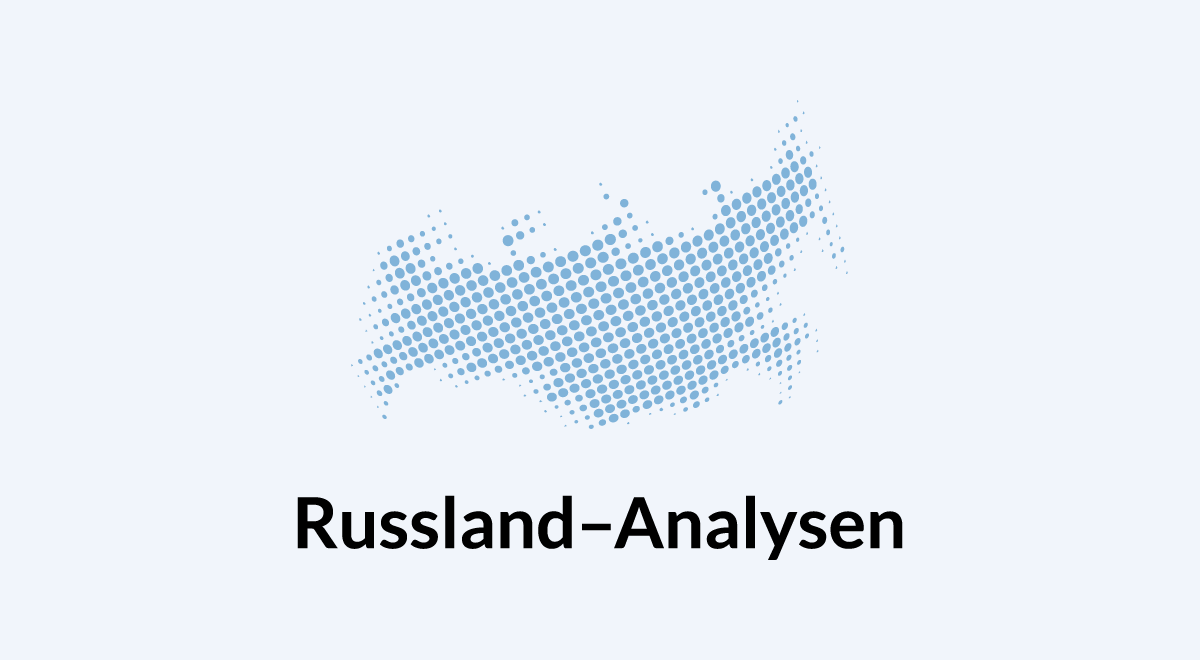![]() Artikel
Artikel Von Nadja Douglas
ZOiS Report 6/2020 State-society relations in Belarus have been tense for many years. The presidential elections in August 2020 and the mishandling of the ongoing Covid-19 pandemic have proved to be the catalyst that brought these fragile relations to a complete breakdown. Over the years, the widening gap between a new generation of an emancipated citizenry and a regime stuck in predominantly paternalistic power structures and reluctant to engage in political and economic reforms has become increasingly evident. The deteriorating economy during the last decade and the perceived decline of the country’s social welfare system have been important factors in these developments. At the same time, the regime has continued to invest in its domestic security structures to a disproportionate extent compared with neighbouring states, allowing the so-called silovye struktury (“state power structures”) to gain influence at the highest level of state governance. (…)
Zum Artikel auf zois-berlin.de  Analyse
Analyse Von Alexander Kynew
Ob die Präsidentschaftswahlen über einen oder zwei Wahlgänge gehen, hängt im Wesentlichen nicht von den realen Umfragewerten der Kandidaten ab, sondern davon, wie viele Stimmen dem Hauptkandidaten hinzugeschrieben und den anderen dafür abgezogen werden. Anhand der Wahlergebnisse vom 4. Dezember kann Russland in drei Regionen mit unterschiedlichem Manipulations- und Protestpotenzial unterteilt werden. Das Ergebnis der Präsidentschaftswahl vom 4. März hängt zum einen von der Wahlbeteiligung in der Gruppe der »Protestregionen« mit 52,2 Millionen Wählern ab, wo laut offiziellen Ergebnissen »Einiges Russland« weniger als 42% der Stimmen erreicht hat: Hier handelt es sich hauptsächlich um das nördliche Russland, Sibirien, das Uralgebiet und den Fernen Osten. (…)
Zum Artikel